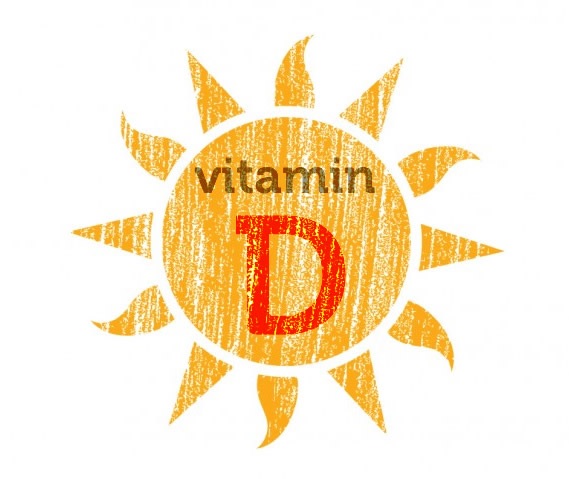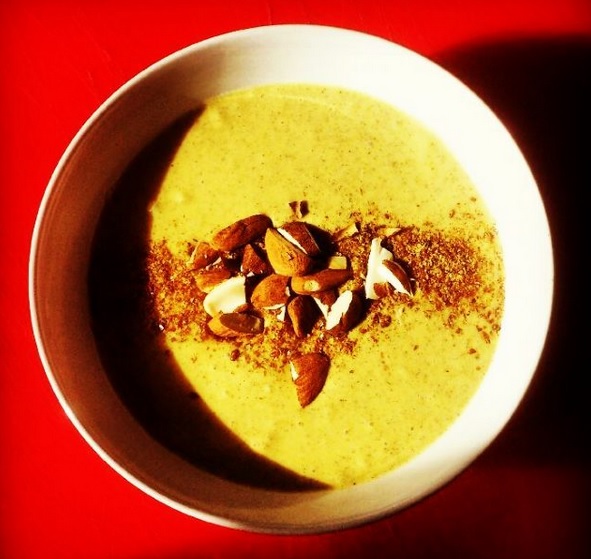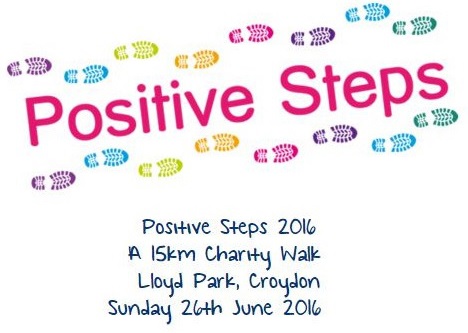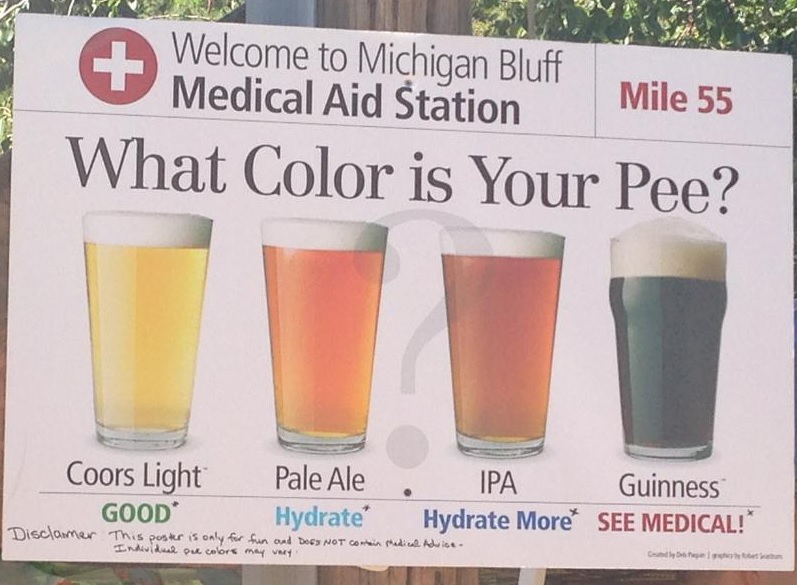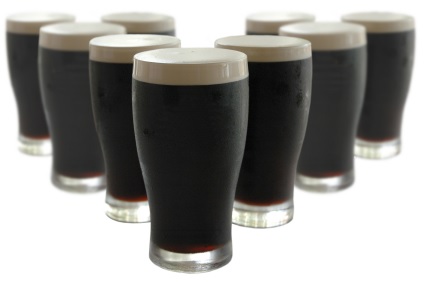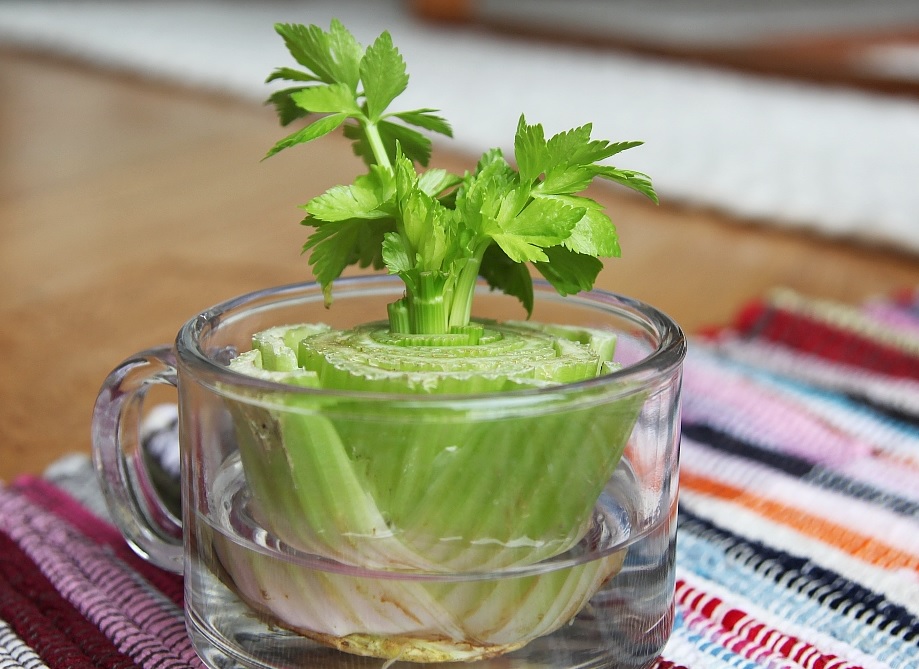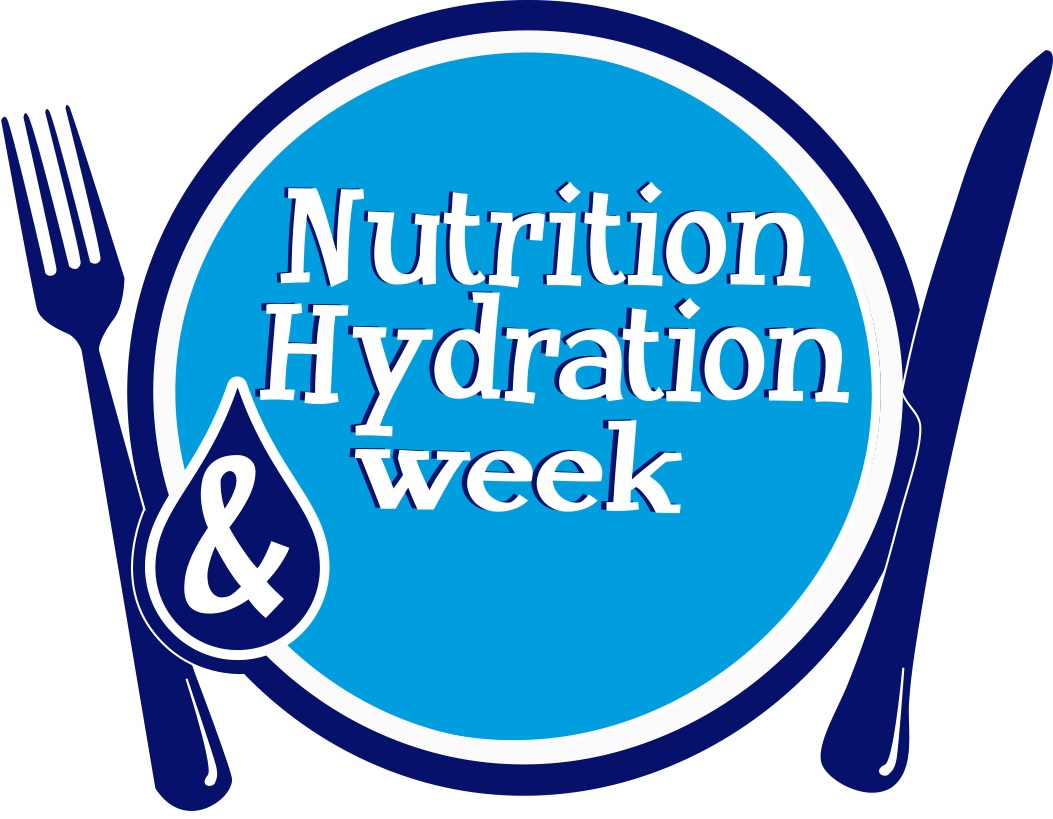Thirsty Thursday and Day 4 Nutrition and Hydration week we are sharing the full blog here with a focus on alcohol and (de)hydration: READ MORE
What about alcohol? It’s a fluid, its made of fruits and some even comes out of taps…
One of the most common questions when talking about hydration or more likely dehydration is the one of ALCOHOL. People looking for a hangover cure – if hangovers are caused by dehydration isn’t hydration the means to the end?
Not quite.
The NHC says: “Dehydration can occur as a result of drinking too much alcohol. Alcohol is a diuretic, which means that it makes you urinate more. If this fluid isn’t replaced you may become dehydrated, so drinking alcohol should be balanced with drinking non-alcoholic fluids, such as water”.
Simple. But you’ve tried to drink water in between beers, or match wine with soda water, mix spirits with soda and drink long drinks to get more fluid in that’s not just alcohol too. Doing that will help. Ensuring you are fully and properly hydrated before you know you will be drinking alcohol will help. Drinking water after alcohol consumption and before you sleep will help. And yes, gulping down a glass of water on waking will help too. BUT as alcohol is a diuretic, you will use the toilet more when you drink, you will rid yourself of more fluid than you take on board and topping up before, during and/or after the event will not help 100%. Sorry to break it to you. The only way to not get a hangover = not drink. No nonsense. Not fair.
The British Nutrition Foundation says: “Alcoholic drinks contain water, but drinking alcohol increases the amount of water you lose as urine, so drinks with a high alcohol content, such as wines and spirits, are not the best choice to stay hydrated. Normal strength beers, lagers and ciders also cause an increased loss of water as urine. However, because they are more dilute, drinking them causes a net gain in water overall. It is still important to keep alcohol consumption within the recommended limits (no more than 14 units per week for both men and women)”
And they make a great point. Think about the units of alcohol you’re drinking. Its recommended (in the UK) men should drink no more than 21 units of alcohol per week, no more than four units in any one day, and have at least two alcohol-free days a week. Women should drink no more than 14 units of alcohol per week, no more than three units in any one day, and have at least two alcohol-free days a week.
If you are a pregnant or lactating woman, my advice would be to avoid alcohol entirely. In my opinion it’s simply not worth the risk.
If you want to look into alcohol consumption / limits / risks etc further on Day 4 Nutrition and Hydration Week:
Drinkaware – https://www.drinkaware.co.uk/check-the-facts/health-effects-of-alcohol/effects-on-the-body/why-does-alcohol-make-you-pee-more
And here is a simple breakdown from NHS change for life: http://www.nhs.uk/change4life/Pages/alcohol-lower-risk-guidelines-units.aspx
For more on day 4 Nutrition and Hydration week please see their website here: www.nutritionandhydrationweek.co.uk
READ MORE


